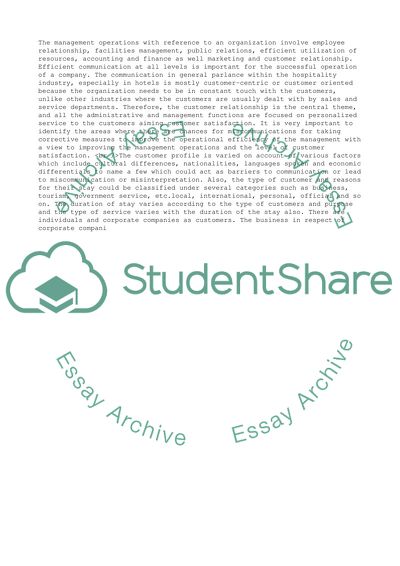Cite this document
(“Miscommunication within a hotel hierarchy Research Paper”, n.d.)
Retrieved from https://studentshare.org/management/1410912-miscommunication-within-a-hotel-hierarchy
Retrieved from https://studentshare.org/management/1410912-miscommunication-within-a-hotel-hierarchy
(Miscommunication Within a Hotel Hierarchy Research Paper)
https://studentshare.org/management/1410912-miscommunication-within-a-hotel-hierarchy.
https://studentshare.org/management/1410912-miscommunication-within-a-hotel-hierarchy.
“Miscommunication Within a Hotel Hierarchy Research Paper”, n.d. https://studentshare.org/management/1410912-miscommunication-within-a-hotel-hierarchy.


